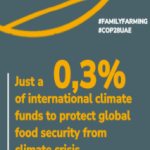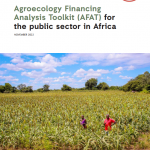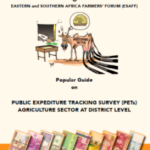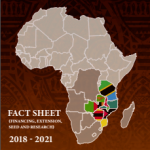Will GMOs solve hunger problems in Uganda?
23/06/2010
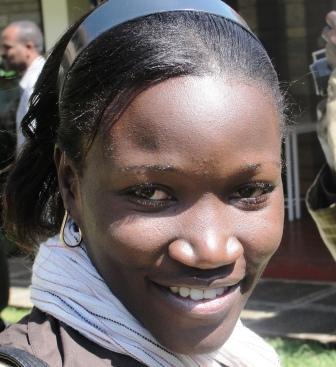
By Patrick Jaramogi
Genetically modified seeds will not end hunger in Africa. While responding to the commissioner for crop marketing and production in the agriculture ministry, Alex Lwakoba’s remarks on improved seeds, Dr. Dan Maingi, an expert from Kenya Bio-diversity Coalition warned Ugandan farmers on the dangers of genetically modified seeds (GMOs).
“Africa has indigenous seeds that produce good crops. We have enough food but the issue is distribution,” Maingi said. But Lwakoba emphasised the need for improved seeds, saying the lack of high quality seeds was one of the factors stifling the performance of the agricultural sector.
He said the country was in dire need of seeds following what he described as “failure” on the part of seed companies. The two were speaking during a seed exhibition at Hotel Triangle in Kampala recently.
“The country has no seeds. We carried out a survey in May and proved this. Much as the Government liberalised the seed industry, they are frustrating the farmers,” Lwakoba said. He said the ministry would release the findings of the survey.
Lwakoba added that the Government had handed the mandate of provision of seeds to 20 companies, but he described the efforts as “not worthy”.
“The seeds supplied by these companies are not reliable. The companies are blaming the Government for not recruiting enough seed inspectors while the NGOs and farmers are blaming us for not having a national seed policy,” Lwakoba said.
The Government is carrying out research on genetically modified cassava, bananas and cotton. Dr. Mathew Schnurr, a researcher on genetically modified organisms (GMOs) from Canada said the seeds are a success in Canada and the US.
“I am here to find out if you are interested in GM seeds. We have used them successfully for 40 years,” he said. Joseph Magezi, a farmer said: “We cannot be sure of these seeds. They are not tasty and the terms and conditions are very stringent.”
Schnurr said South Africa, Egypt and Kenya had started using GM seeds adding that 12 other countries including Uganda are conducting research on the seeds.
Maingi added that the hunger in Africa is due to poverty and inequality and not food scarcity. “Stick to indigenous seeds. GMOs contain toxins harmful to life,” he advised.
The event was organised by ESAFF Uganda, SEATINI, VEDCO and PELUM Uganda
for more information contact: nancy@esaff.org or esaffuganda@yahoo.co.uk
You can also read the article online at: http://www.newvision.co.ug/detail.php?mainNewsCategoryId=9&newsCategoryId=37&newsId=722826

















